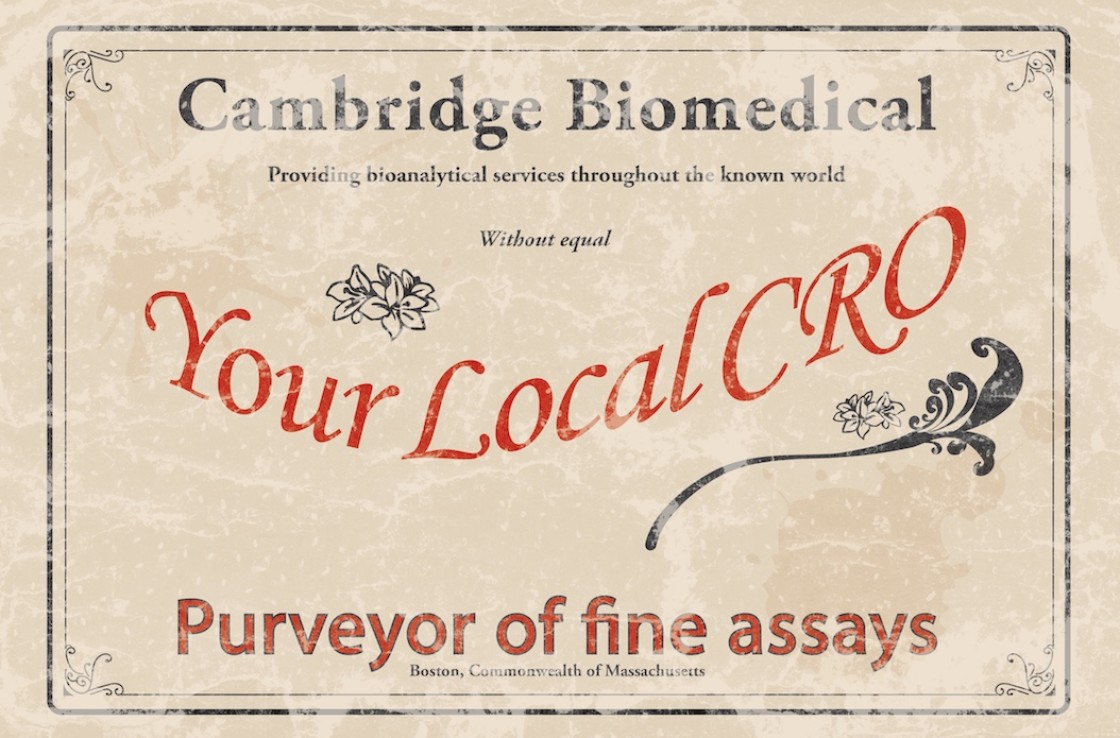Scientists say they now have a near-perfect picture of the genetic events that cause breast cancer.
The study, published in Nature, has been described as a “milestone” moment that could help unlock new ways of treating and preventing the disease.
The largest study of its kind unpicked practically all the errors that cause healthy breast tissue to go rogue.
Cancer Research UK said the findings were an important stepping-stone to new drugs for treating cancer.
To understand the causes of the disease, scientists have to understand what goes wrong in our DNA that makes healthy tissue turn cancerous.
The international team looked at all 3 billion letters of people’s genetic code – their entire blueprint of life – in 560 breast cancers.
They uncovered 93 sets of instructions, or genes, that if mutated, can cause tumours. Some have been discovered before, but scientists expect this to be the definitive list, barring a few rare mutations.

